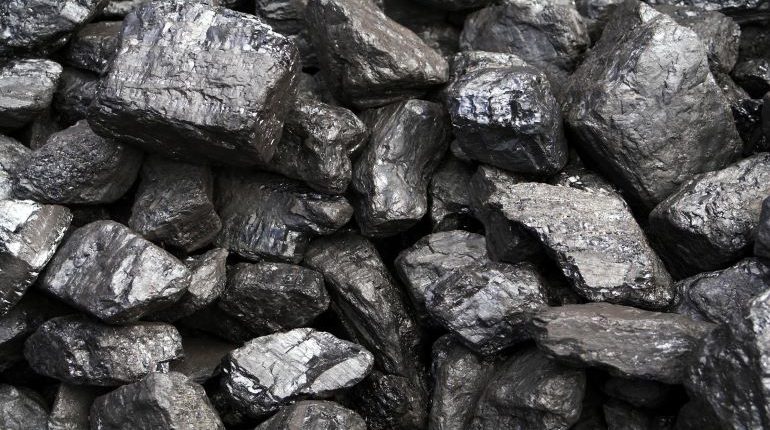
Asia’s pandemic stimulus may slow the demise of coal
Coal power plant construction will push ahead in Asia despite falling electricity demand and environmental concerns as policymakers prioritize boosting economies crippled by the coronavirus pandemic, analysts say.
Fossil fuel demand will plummet this year as lockdowns sap electricity use, the International Energy Agency said in a report last month.
The European Union, International Monetary Fund, and the United Nations have said that marks a once-in-a-generation opportunity to launch a ‘green recovery’, which includes Asia joining the global trend of ending support for coal power.
But there are already signs that China and other Asian giants like South Korea and Japan will steer recovery funds into struggling coal-focused state financers, equipment suppliers, and construction firms. That could create a short-term jolt at the cost of efficiency and environmental damage, analysts say.
“China and other governments may be tempted to invest in coal power to help their economies recover after the COVID-19 pandemic,” said Matt Gray, co-head of power and utilities at Carbon Tracker, a climate think tank. “This risks locking in high-cost coal power that will undermine global climate targets.”
China, which produces and consumes about half of the world’s coal, has in recent weeks said it would allow more provinces to start building coal power plants starting in 2023. It also accelerated the construction of five plants and committed billions of dollars to cross-country electricity transmission lines.
China’s coal imports in April surged 22% from a year earlier, as traders jumped on low prices to build stockpiles and prepare for a recovery in domestic demand.
Coal power infrastructure in Asia relies heavily on state-backed financing from China, South Korea, and Japan.
Japan and South Korea are expected to continue to fund coal plants in developing countries like Vietnam and Indonesia to support state-backed industries hurt as domestic coal operations wind down to meet carbon-emission commitments, analysts said.
Many planned coal-fired plants are not economically viable and will burden governments with stranded assets and billions of dollars of debt, analysts said.
Last updated on Tue., May 12, 2020.

